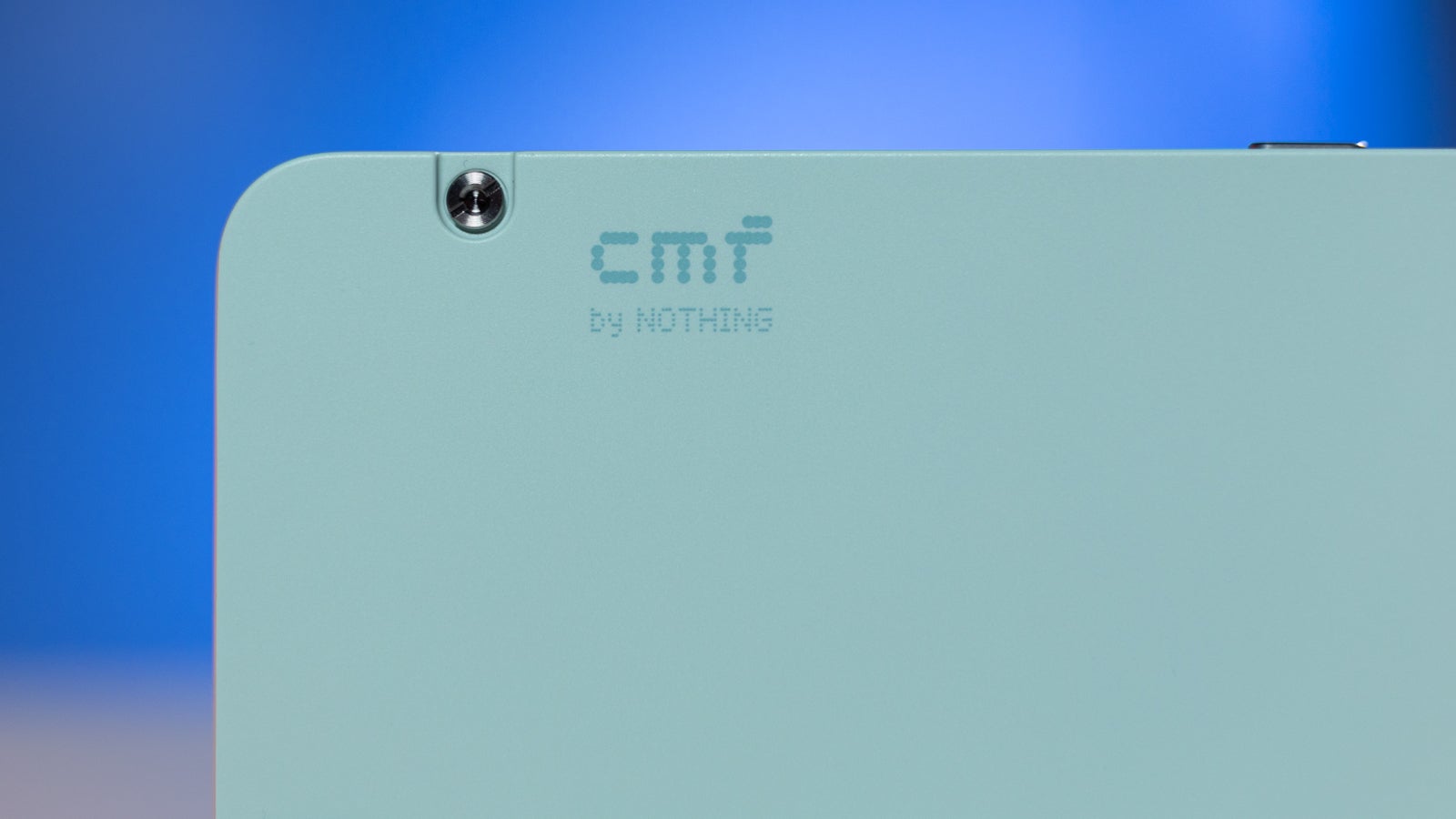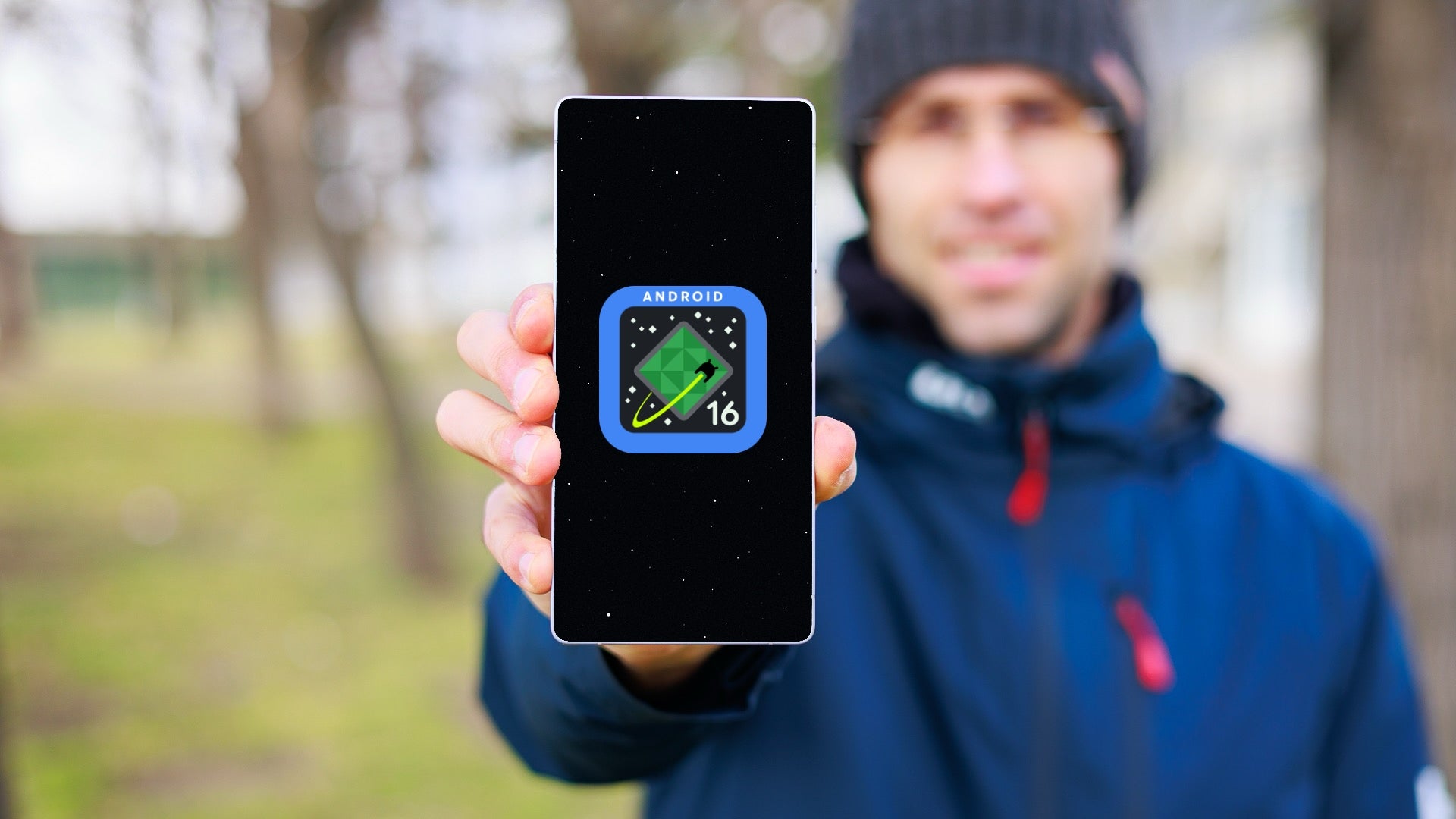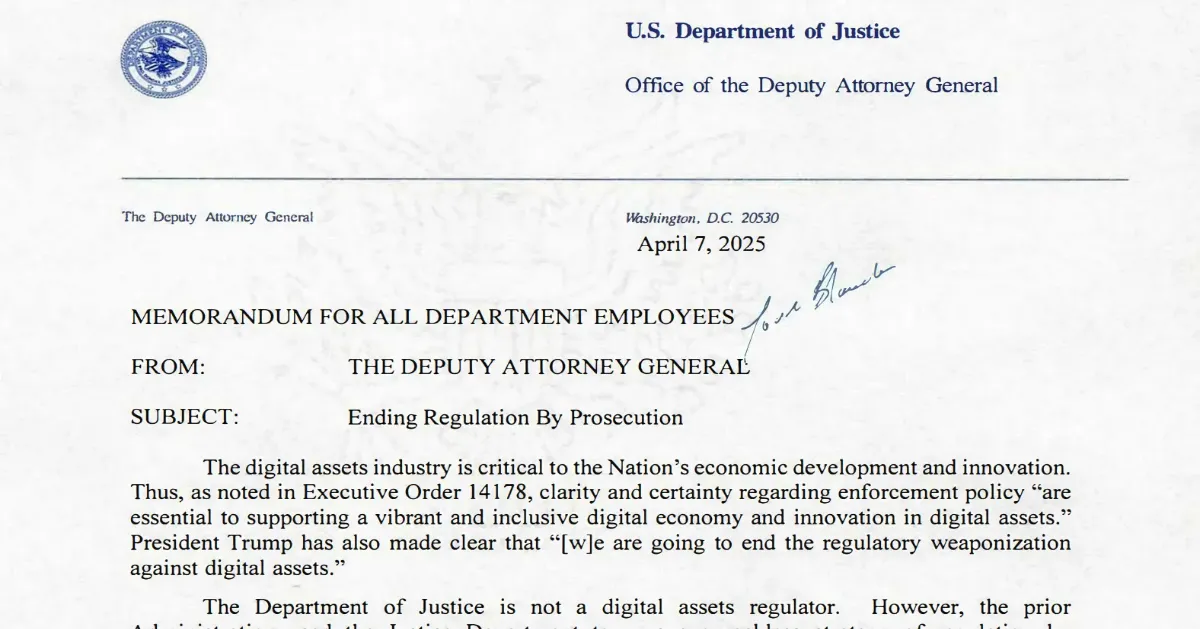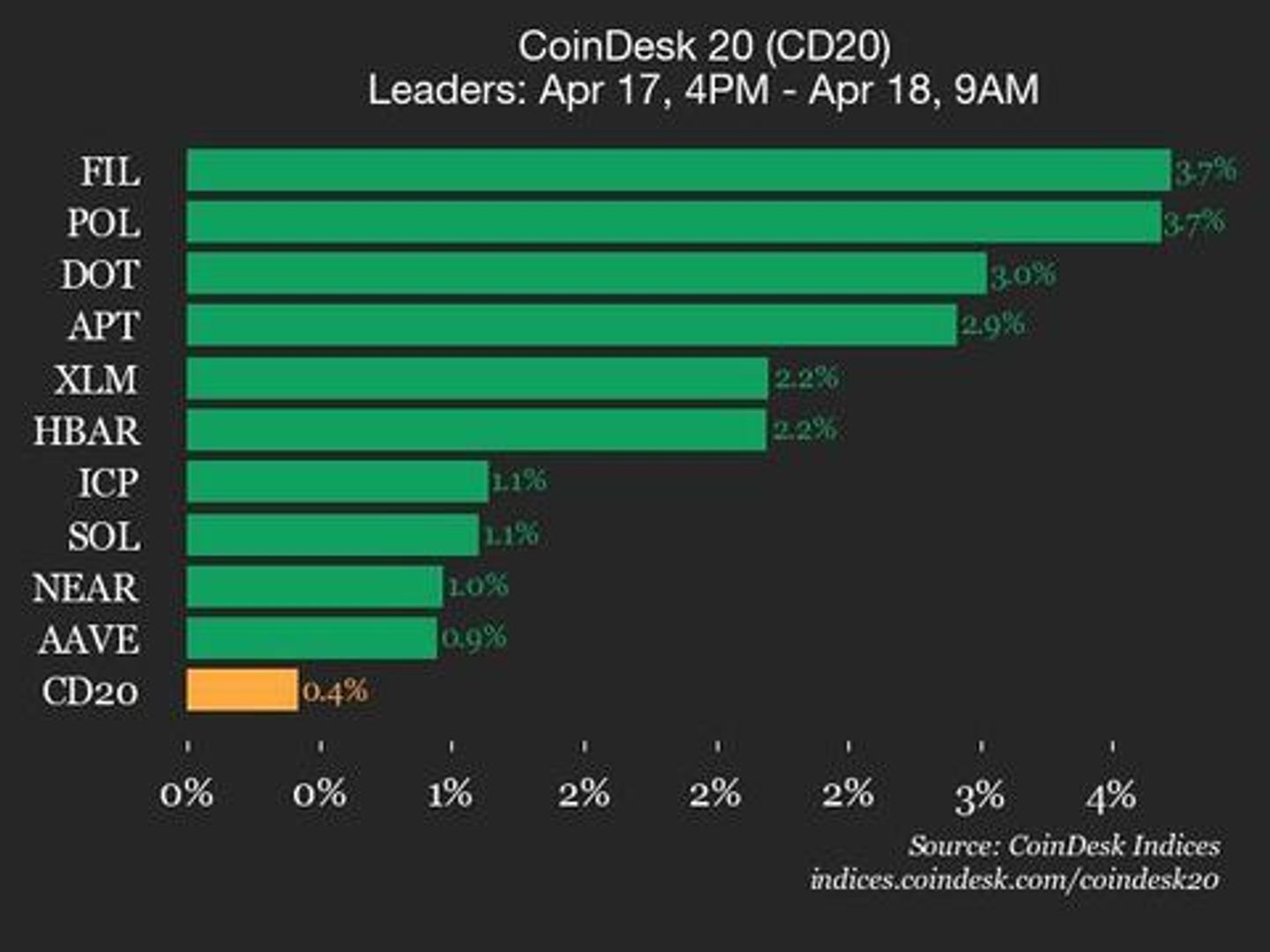AI-Powered CRM: Revolutionizing Customer Relationship Management
In today's hyper-competitive business landscape, customer relationships are more valuable than ever. Companies that can personalize interactions, anticipate customer needs, and resolve issues quickly are more likely to thrive. Enter the AI-powered CRM (Customer Relationship Management) system — a game-changing solution that is transforming how businesses interact with their customers. What Is an AI-Powered CRM? An AI-powered CRM is a customer relationship management platform that incorporates artificial intelligence technologies like machine learning, natural language processing, and predictive analytics. Unlike traditional CRMs that require manual data entry and static workflows, AI-driven CRMs analyze vast amounts of customer data in real-time to deliver insights, automate tasks, and personalize customer experiences. These systems can help companies identify sales opportunities, streamline customer service, automate marketing efforts, and make data-driven decisions — all while reducing human error and improving productivity. Key Features of AI-Powered CRM Predictive Analytics One of the standout features of AI in CRM is predictive analytics. By analyzing past interactions, purchase histories, and behavioral data, AI can forecast future customer actions. For example, it can predict which leads are most likely to convert, or which customers are at risk of churning. This empowers sales teams to focus their efforts more strategically. Chatbots and Virtual Assistants AI-powered CRMs often include intelligent chatbots that can handle customer inquiries 24/7. These bots can answer common questions, route requests to the appropriate departments, and even assist in sales by recommending products based on customer behavior. Sales Forecasting Machine learning algorithms within AI-CRMs can analyze historical sales data and market trends to provide accurate sales forecasts. This helps businesses plan resources, set realistic goals, and adjust strategies in real time. Lead Scoring and Segmentation AI algorithms can score leads based on how likely they are to convert, allowing sales reps to prioritize their outreach. Additionally, it can automatically segment customers based on behavior, preferences, and demographics, enabling highly targeted marketing campaigns. Personalized Customer Experience AI can analyze individual customer preferences and behaviors to deliver personalized product recommendations, emails, and offers. This level of customization significantly enhances the customer experience, leading to higher satisfaction and retention. Automated Data Entry Manual data entry is one of the most time-consuming and error-prone aspects of using a CRM. AI tools can extract relevant data from emails, forms, and other sources, reducing the burden on employees and improving data accuracy. Benefits of AI-Powered CRM Enhanced Customer Engagement AI enables deeper insights into customer behavior and preferences, making it easier to tailor communications. Personalized interactions foster trust and loyalty, which are key to long-term customer relationships. 2. Increased Productivity By automating routine tasks like data entry, appointment scheduling, and follow-up reminders, AI frees up valuable time for employees to focus on higher-value activities such as building relationships and closing deals. 3. Better Decision-Making AI powered CRM offer real-time analytics and dashboards that help managers make informed decisions. Whether it's adjusting a marketing strategy or reallocating sales resources, businesses can act swiftly based on data-driven insights. 4. Cost Efficiency Although implementing an AI-powered CRM may involve an initial investment, the long-term savings are substantial. Automation reduces the need for large customer support teams, minimizes human error, and improves operational efficiency. 5. Scalability As businesses grow, so do their customer databases. AI-powered CRMs can easily scale to handle increasing volumes of data without compromising performance, making them ideal for fast-growing companies. Real-World Applications Retail: Online retailers use AI-powered CRMs to track customer behavior and provide personalized product suggestions. Finance: Banks and financial institutions leverage predictive analytics to offer tailored financial products and detect potential fraud. Healthcare: Clinics and hospitals use AI-CRMs to manage patient data, schedule appointments, and send reminders, improving patient care. Hospitality: Hotels implement these systems to personalize guest experiences, from check-in to room service preferences. Choosing the Right AI-Powered CRM When selecting an AI-powered CRM, businesses should consider the following: Ease of integration with existing systems User-friendliness for team adoption Scalability to support future growth

 In today's hyper-competitive business landscape, customer relationships are more valuable than ever. Companies that can personalize interactions, anticipate customer needs, and resolve issues quickly are more likely to thrive. Enter the AI-powered CRM (Customer Relationship Management) system — a game-changing solution that is transforming how businesses interact with their customers.
In today's hyper-competitive business landscape, customer relationships are more valuable than ever. Companies that can personalize interactions, anticipate customer needs, and resolve issues quickly are more likely to thrive. Enter the AI-powered CRM (Customer Relationship Management) system — a game-changing solution that is transforming how businesses interact with their customers.
What Is an AI-Powered CRM?
An AI-powered CRM is a customer relationship management platform that incorporates artificial intelligence technologies like machine learning, natural language processing, and predictive analytics. Unlike traditional CRMs that require manual data entry and static workflows, AI-driven CRMs analyze vast amounts of customer data in real-time to deliver insights, automate tasks, and personalize customer experiences.
These systems can help companies identify sales opportunities, streamline customer service, automate marketing efforts, and make data-driven decisions — all while reducing human error and improving productivity.
Key Features of AI-Powered CRM
Predictive Analytics
One of the standout features of AI in CRM is predictive analytics. By analyzing past interactions, purchase histories, and behavioral data, AI can forecast future customer actions. For example, it can predict which leads are most likely to convert, or which customers are at risk of churning. This empowers sales teams to focus their efforts more strategically.
Chatbots and Virtual Assistants
AI-powered CRMs often include intelligent chatbots that can handle customer inquiries 24/7. These bots can answer common questions, route requests to the appropriate departments, and even assist in sales by recommending products based on customer behavior.
Sales Forecasting
Machine learning algorithms within AI-CRMs can analyze historical sales data and market trends to provide accurate sales forecasts. This helps businesses plan resources, set realistic goals, and adjust strategies in real time.
Lead Scoring and Segmentation
AI algorithms can score leads based on how likely they are to convert, allowing sales reps to prioritize their outreach. Additionally, it can automatically segment customers based on behavior, preferences, and demographics, enabling highly targeted marketing campaigns.
Personalized Customer Experience
AI can analyze individual customer preferences and behaviors to deliver personalized product recommendations, emails, and offers. This level of customization significantly enhances the customer experience, leading to higher satisfaction and retention.
Automated Data Entry
Manual data entry is one of the most time-consuming and error-prone aspects of using a CRM. AI tools can extract relevant data from emails, forms, and other sources, reducing the burden on employees and improving data accuracy.
Benefits of AI-Powered CRM
- Enhanced Customer Engagement AI enables deeper insights into customer behavior and preferences, making it easier to tailor communications. Personalized interactions foster trust and loyalty, which are key to long-term customer relationships.
2. Increased Productivity
By automating routine tasks like data entry, appointment scheduling, and follow-up reminders, AI frees up valuable time for employees to focus on higher-value activities such as building relationships and closing deals.
3. Better Decision-Making
AI powered CRM offer real-time analytics and dashboards that help managers make informed decisions. Whether it's adjusting a marketing strategy or reallocating sales resources, businesses can act swiftly based on data-driven insights.
4. Cost Efficiency
Although implementing an AI-powered CRM may involve an initial investment, the long-term savings are substantial. Automation reduces the need for large customer support teams, minimizes human error, and improves operational efficiency.
5. Scalability
As businesses grow, so do their customer databases. AI-powered CRMs can easily scale to handle increasing volumes of data without compromising performance, making them ideal for fast-growing companies.
Real-World Applications
Retail: Online retailers use AI-powered CRMs to track customer behavior and provide personalized product suggestions.
Finance: Banks and financial institutions leverage predictive analytics to offer tailored financial products and detect potential fraud.
Healthcare: Clinics and hospitals use AI-CRMs to manage patient data, schedule appointments, and send reminders, improving patient care.
Hospitality: Hotels implement these systems to personalize guest experiences, from check-in to room service preferences.
Choosing the Right AI-Powered CRM
When selecting an AI-powered CRM, businesses should consider the following:
Ease of integration with existing systems
User-friendliness for team adoption
Scalability to support future growth
Security features to protect sensitive customer data
Customization options to tailor the CRM to specific business needs
Popular AI-powered CRM platforms include Salesforce Einstein, Zoho CRM, HubSpot, Microsoft Dynamics 365, and Freshsales. Each offers a unique set of features, so it’s important to align the platform’s capabilities with your business goals.
The Future of AI in CRM
The evolution of AI-powered CRMs is only just beginning. As technologies advance, we can expect even more sophisticated capabilities like emotion detection, voice-based interactions, and autonomous decision-making. These innovations will further blur the lines between human and machine collaboration, resulting in faster, smarter, and more intuitive customer experiences.
In a world where customer expectations are higher than ever, an AI-powered CRM isn’t just a luxury — it’s a necessity. By embracing this technology, businesses can stay competitive, foster stronger relationships, and drive sustainable growth.





























![[Webinar] AI Is Already Inside Your SaaS Stack — Learn How to Prevent the Next Silent Breach](https://blogger.googleusercontent.com/img/b/R29vZ2xl/AVvXsEiOWn65wd33dg2uO99NrtKbpYLfcepwOLidQDMls0HXKlA91k6HURluRA4WXgJRAZldEe1VReMQZyyYt1PgnoAn5JPpILsWlXIzmrBSs_TBoyPwO7hZrWouBg2-O3mdeoeSGY-l9_bsZB7vbpKjTSvG93zNytjxgTaMPqo9iq9Z5pGa05CJOs9uXpwHFT4/s1600/ai-cyber.jpg?#)











































































































































![[The AI Show Episode 144]: ChatGPT’s New Memory, Shopify CEO’s Leaked “AI First” Memo, Google Cloud Next Releases, o3 and o4-mini Coming Soon & Llama 4’s Rocky Launch](https://www.marketingaiinstitute.com/hubfs/ep%20144%20cover.png)

















































































































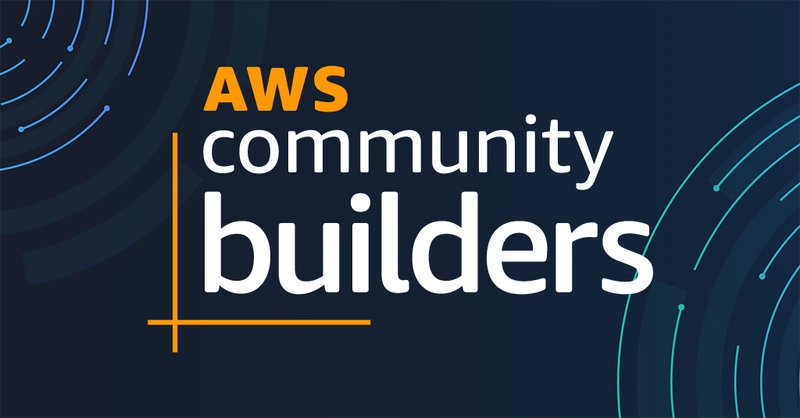




















































































![Rogue Company Elite tier list of best characters [April 2025]](https://media.pocketgamer.com/artwork/na-33136-1657102075/rogue-company-ios-android-tier-cover.jpg?#)








































































_roibu_Alamy.jpg?width=1280&auto=webp&quality=80&disable=upscale#)










































































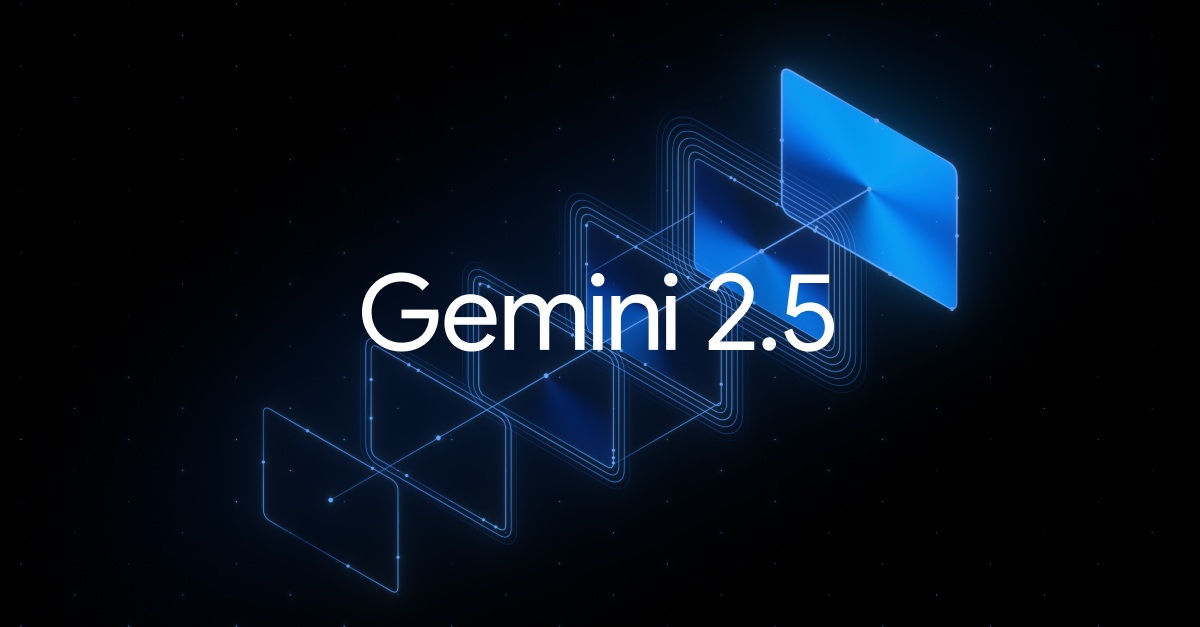
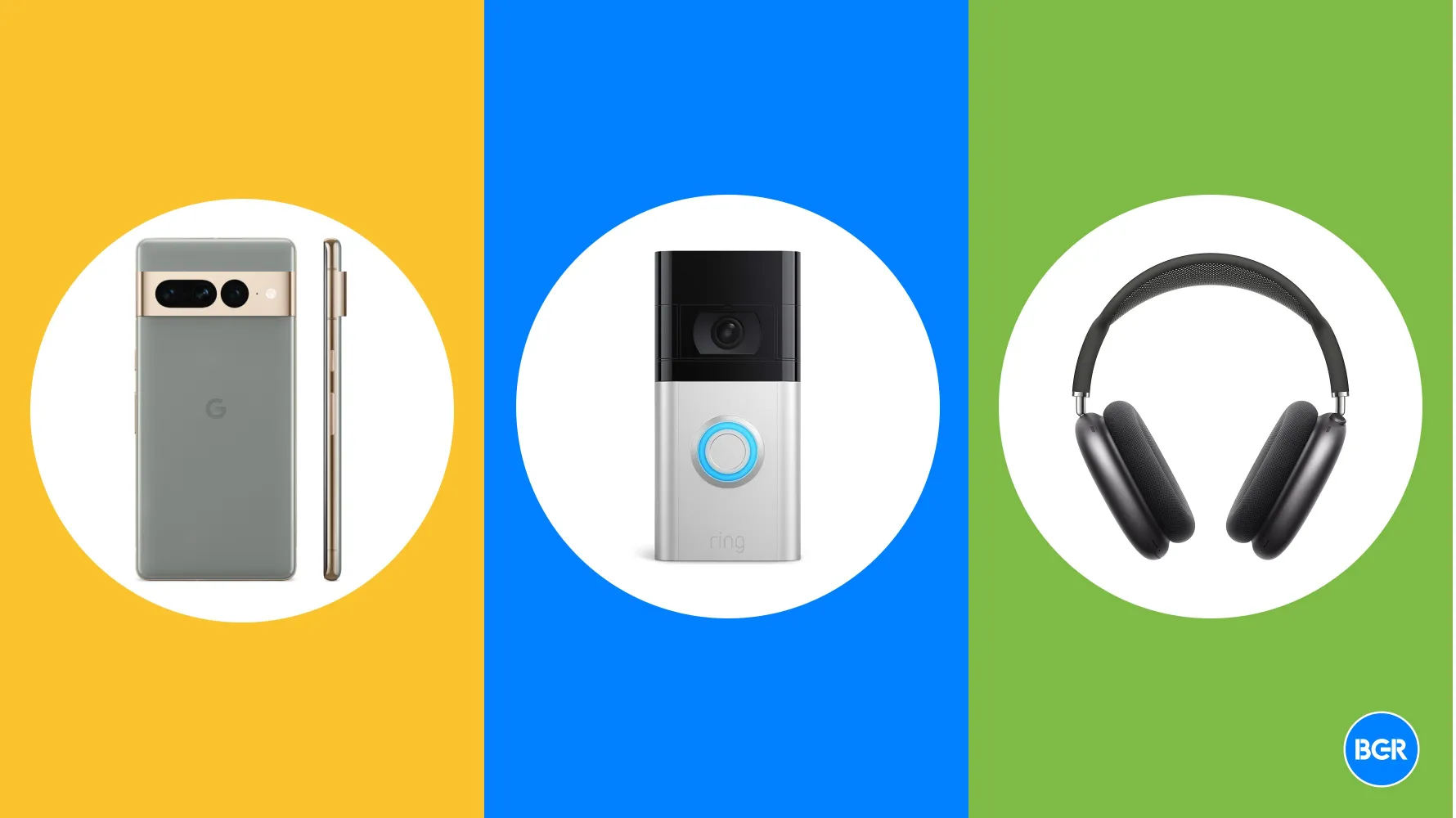




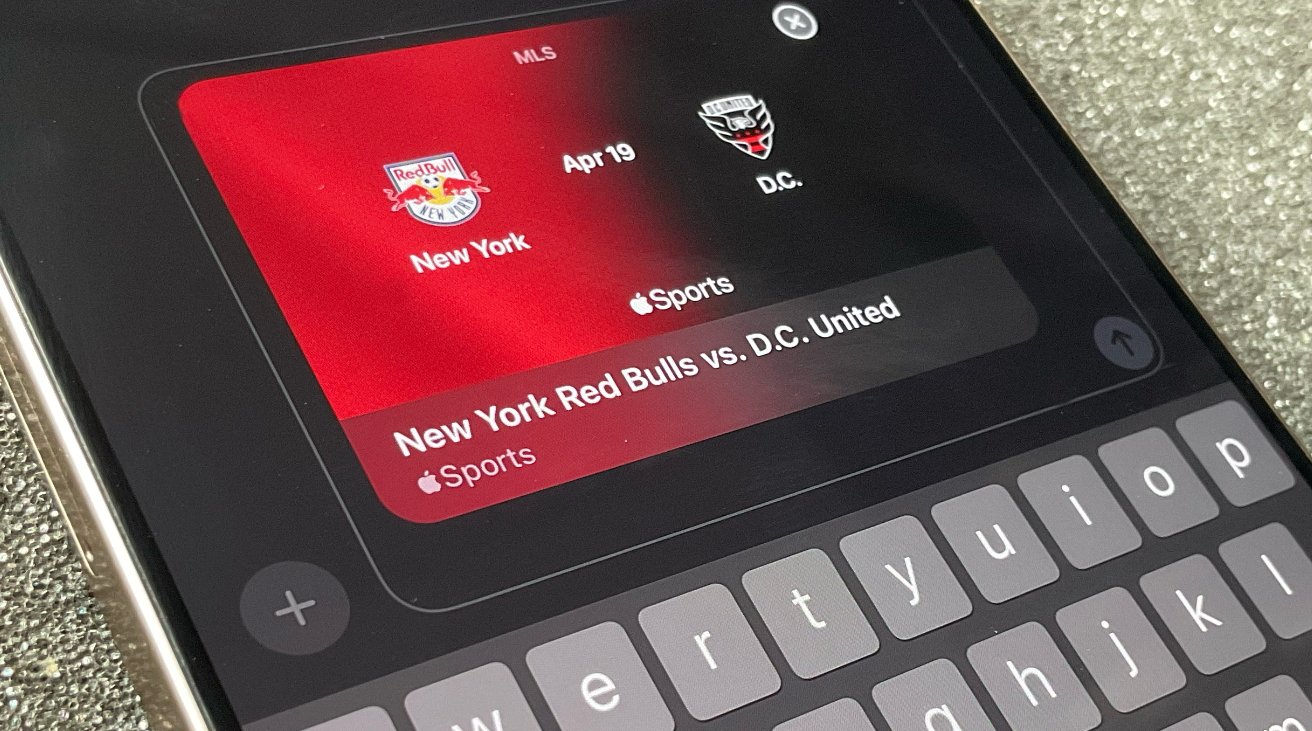







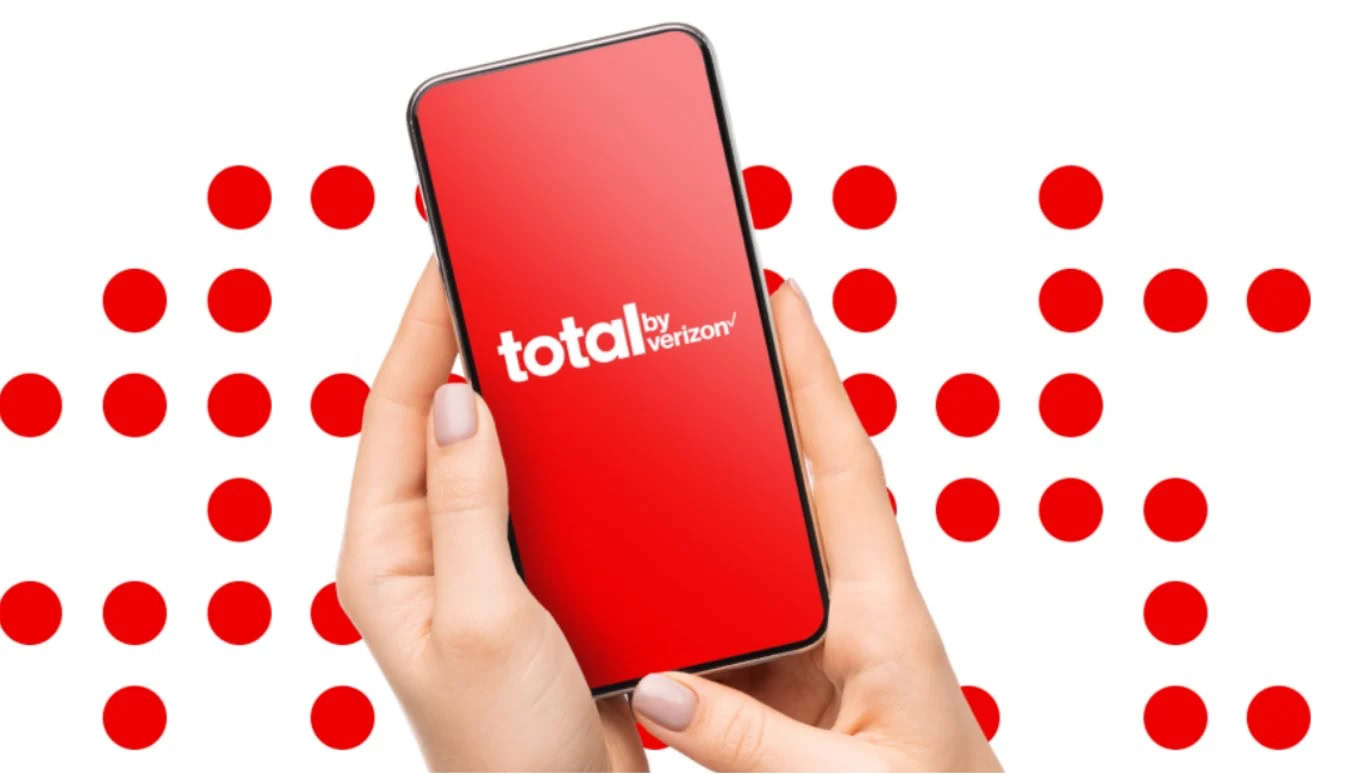
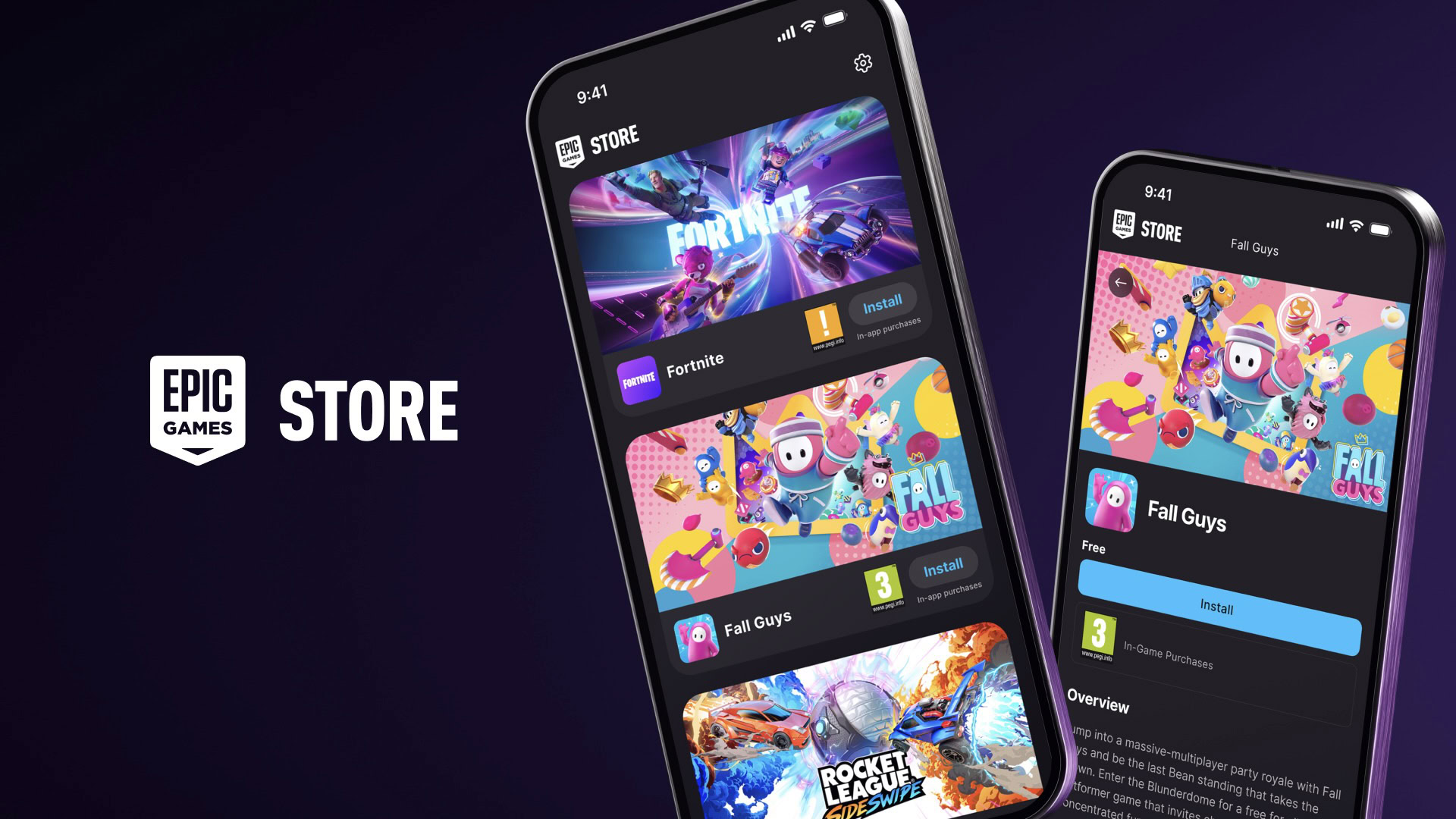




![Android 16 Beta 4: How to bring back Pixel Battery health [U]](https://i0.wp.com/9to5google.com/wp-content/uploads/sites/4/2025/03/Android-16-logos-5.jpg?resize=1200%2C628&quality=82&strip=all&ssl=1)










![Apple Watch Series 10 Back On Sale for $299! [Lowest Price Ever]](https://www.iclarified.com/images/news/96657/96657/96657-640.jpg)
![EU Postpones Apple App Store Fines Amid Tariff Negotiations [Report]](https://www.iclarified.com/images/news/97068/97068/97068-640.jpg)
![Apple Slips to Fifth in China's Smartphone Market with 9% Decline [Report]](https://www.iclarified.com/images/news/97065/97065/97065-640.jpg)



















































